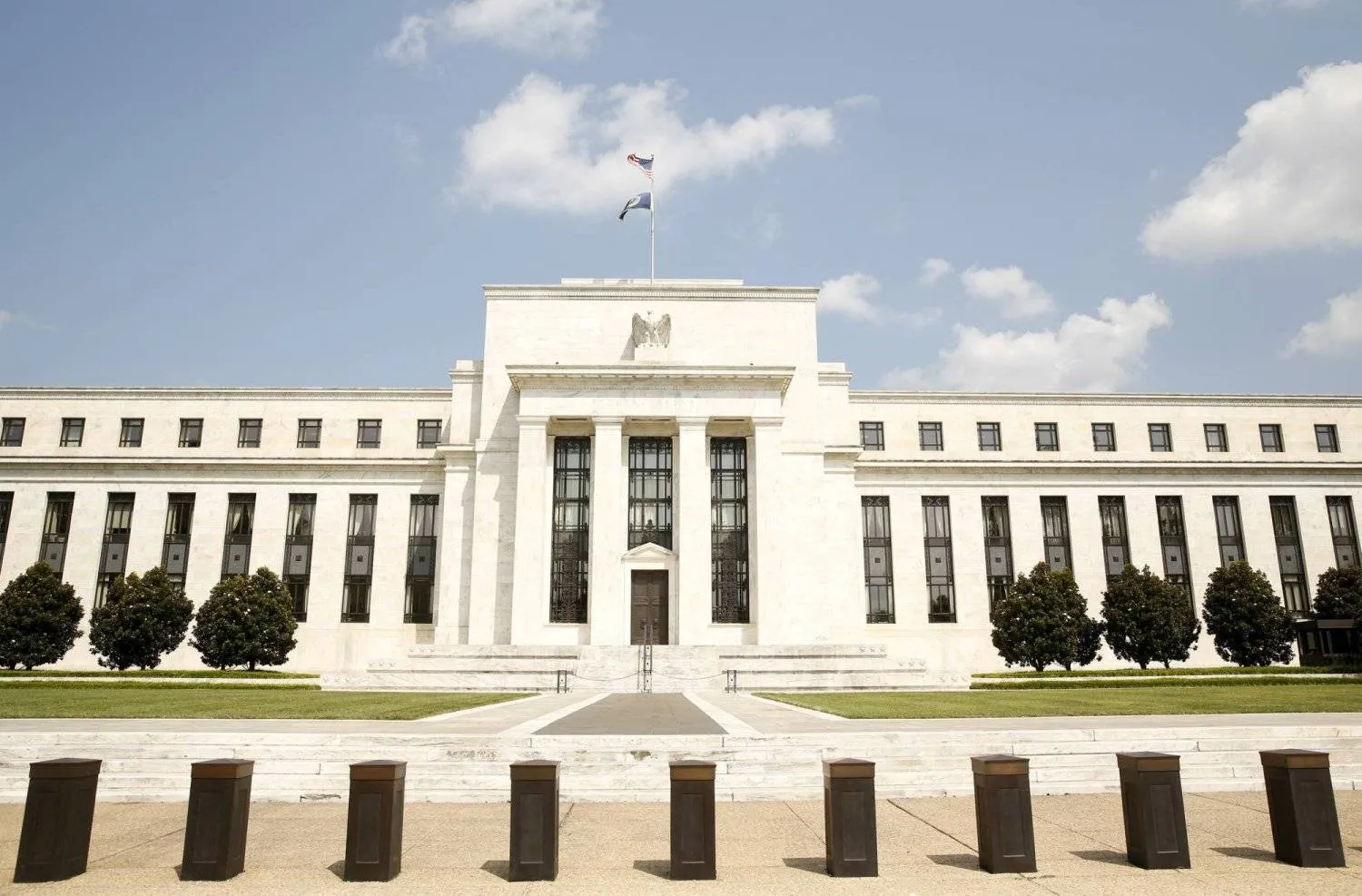Federal Reserve Bank of Chicago President Austan Goolsbee said on Friday that the US economy is not showing signs of overheating, so central bank officials should be wary of keeping restrictive policy in place longer than necessary.
“You don't want to tighten any longer than you have to,” Goolsbee told National Public Radio in an interview. “And the reason you'd want to tighten is if you're afraid the economy is overheating, and this is not what an overheating economy looks like to me.”
Goolsbee declined to say whether he would press for an interest rate cut at the Fed's coming meeting on Sept. 17-18.
But his remarks were consistent with his recent comments that officials need to be increasingly attuned to signs like the rising unemployment rate and increases in credit card delinquencies that suggest the economy is slowing to a point where policy should not be as restrictive as it is now.
The Fed has held its policy rate in the current range of 5.25% to 5.50% since July 2023 after raising to that level at a breakneck pace over the prior 16 months to combat the worst outbreak of inflation since the 1980s.
Financial markets are now 100% priced for a rate cut next month, with the main debate being over what size - a quarter percentage point or a half point. Odds now favor the smaller cut, but a big signal on the Fed's next move is likely to come next Friday when Fed Chair Jerome Powell delivers a keynote address at the Kansas City Fed's annual economic symposium in Jackson Hole, Wyoming.









